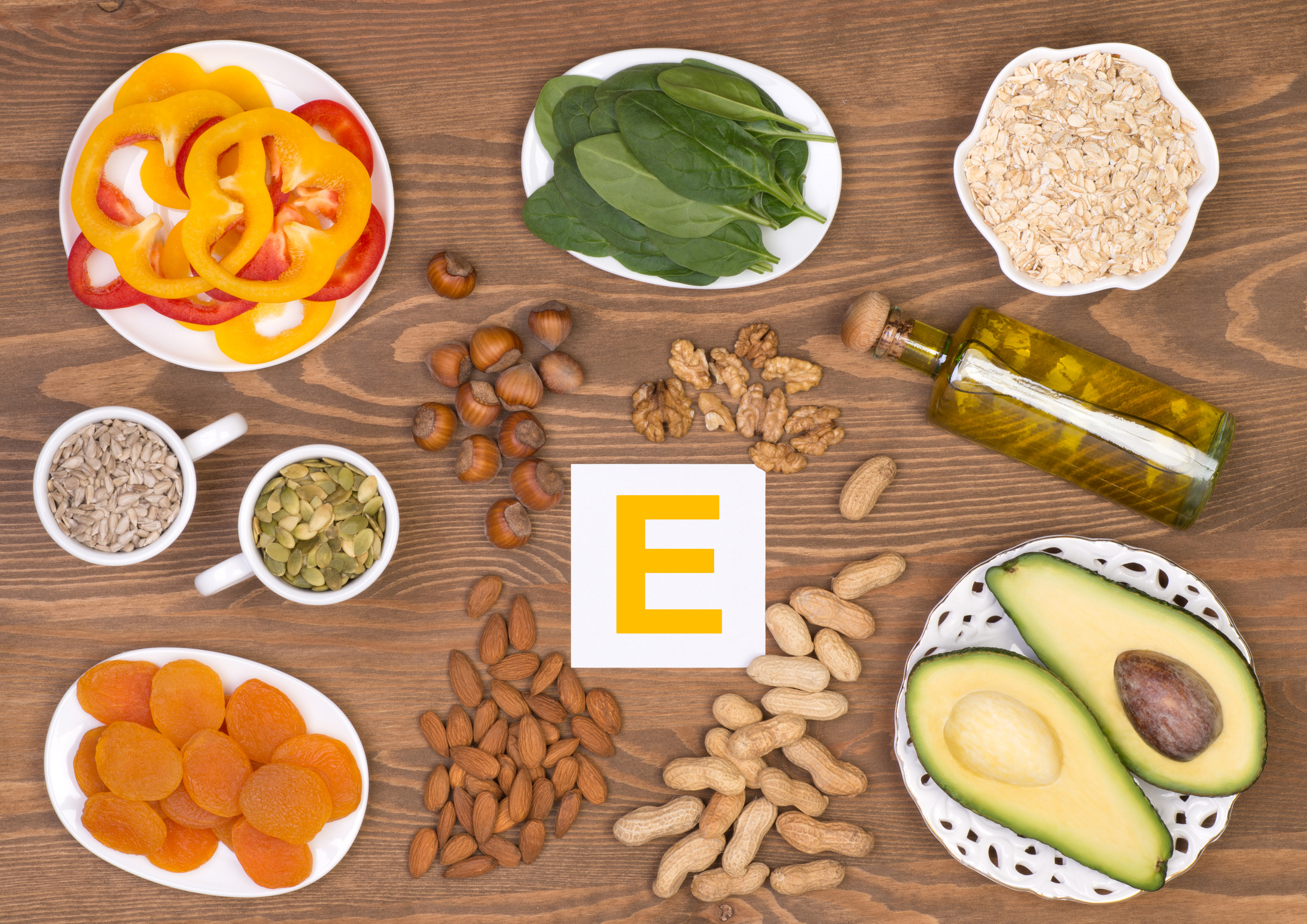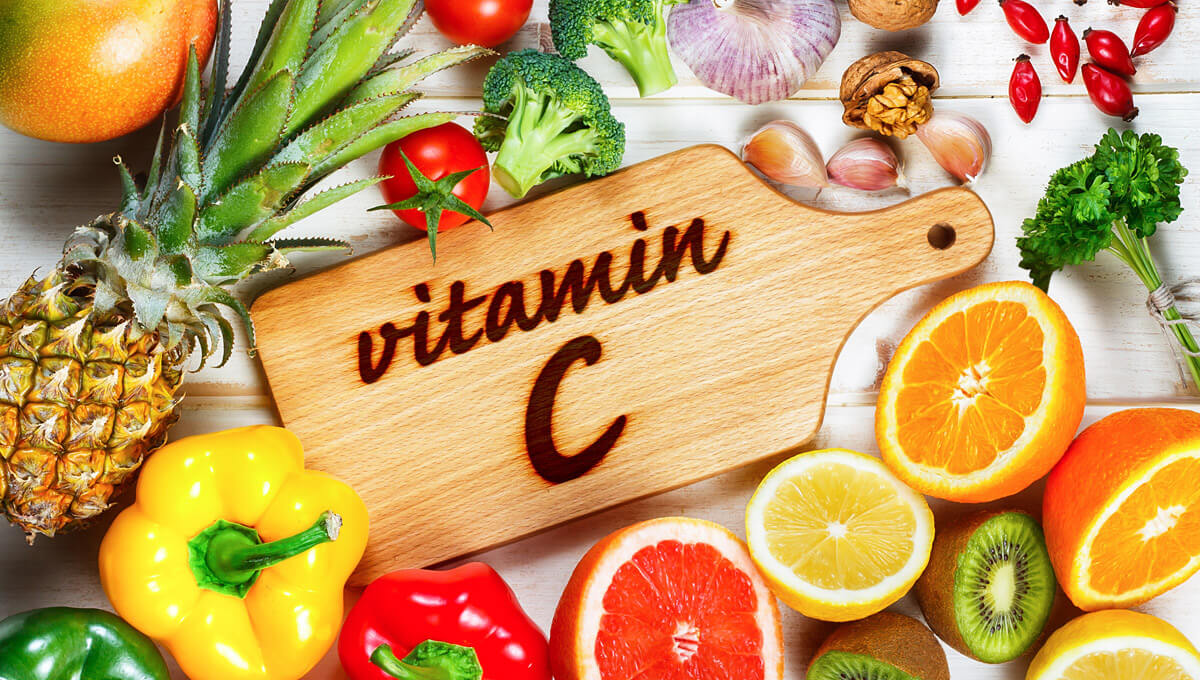Introduction to Vitamin E
Vitamin E is a crucial nutrient that acts as a powerful antioxidant in the body, protecting cells from damage caused by free radicals. It also supports immune function and skin health, making it essential for overall well-being.
What is Vitamin E
Vitamin E refers to a group of fat-soluble compounds that include tocopherols and tocotrienols. These compounds are known for their antioxidant properties and play a key role in maintaining health.
Why is Vitamin E Important
Vitamin E is vital for several bodily functions, including:
- Antioxidant Protection: Helps neutralize free radicals, which can damage cells and contribute to aging and chronic diseases.
- Immune Function: Supports immune health by enhancing the activity of immune cells.
- Skin Health: Promotes skin health by protecting against UV damage and supporting wound healing.
- Heart Health: May help reduce the risk of cardiovascular diseases by preventing oxidative stress.
Types of Vitamin E
There are eight naturally occurring forms of vitamin E, divided into two main groups: tocopherols (alpha, beta, gamma, delta) and tocotrienols (alpha, beta, gamma, delta). Alpha-tocopherol is the most biologically active form in humans.
Food Sources of Vitamin E
Which Foods are High in Vitamin E
Rich food sources of vitamin E include:
- Nuts and Seeds: Almonds, sunflower seeds, hazelnuts.
- Vegetable Oils: Sunflower oil, safflower oil, wheat germ oil.
- Green Leafy Vegetables: Spinach, Swiss chard, kale.
- Fortified Foods: Certain cereals, margarine, and other processed foods may be fortified with vitamin E.
How Much Vitamin E Do You Need
The Recommended Dietary Allowance (RDA) for vitamin E varies by age and sex:
- Adults: 15 mg (22.4 IU) of alpha-tocopherol per day.
- Pregnant or lactating women: 19 mg (28.4 IU) per day.
Can You Get Enough Vitamin E from Diet Alone
It is possible to meet your vitamin E needs through diet alone by consuming a variety of vitamin E-rich foods. However, supplements may be considered if dietary intake is insufficient or if recommended by a healthcare provider.
Supplements and Vitamin E Enriched Products
Are Vitamin E Supplements Necessary
In most cases, a balanced diet can provide adequate vitamin E. However, supplements may be recommended for individuals with specific health conditions or those at risk of deficiency.
Types of Vitamin E Supplements
Supplements typically contain alpha-tocopherol, often in synthetic or natural form. They come in various forms, including capsules, softgels, and liquid drops.
What to Consider When Choosing Vitamin E Supplements
When selecting supplements, consider
- Form: Natural (d-alpha-tocopherol) vs. synthetic (dl-alpha-tocopherol).
- Dosage: Ensure it aligns with your recommended daily intake.
- Quality: Look for reputable brands that undergo third-party testing for purity and potency.
Practical Tips for Increasing Vitamin E Intake
How Can You Incorporate More Vitamin E into Your Diet
Try these tips:
- Snack on Nuts and Seeds: Add almonds, sunflower seeds, or hazelnuts to yogurt or salads.
- Cook with Healthy Oils: Use sunflower oil, safflower oil, or wheat germ oil for cooking or salad dressings.
- Include Green Leafy Vegetables: Incorporate spinach, Swiss chard, or kale into smoothies or stir-fries.
- Choose Fortified Foods: Opt for cereals or margarine fortified with vitamin E.
Cooking and Storing Foods to Preserve Vitamin E
To minimize vitamin E loss during cooking and storage:
- Use Low Heat: Cook vegetables lightly to retain nutrients.
- Store Properly: Store nuts, seeds, and oils in a cool, dark place to prevent oxidation.
FAQs on Vitamin E
What are the Symptoms of Vitamin E Deficiency?
Vitamin E deficiency is rare but may cause:
- Muscle weakness
- Vision problems
- Weakened immune function
Can You Overdose on Vitamin E?
Excessive vitamin E intake can interfere with blood clotting and lead to hemorrhage. Avoid high-dose supplements unless recommended by a healthcare provider.
Does Vitamin E Help with Skin Health?
Yes, vitamin E’s antioxidant properties can protect skin from oxidative stress and support healthy skin appearance.
Is Vitamin E Safe During Pregnancy?
Yes, vitamin E is generally safe during pregnancy when consumed in recommended amounts from food sources.
Can Vitamin E Supplements Interact with Medications?
Yes, vitamin E supplements can interact with blood-thinning medications like warfarin. Consult your healthcare provider before starting supplements.
- Why Vista Edge Vape Is Trending: The Features That Make It Stand Out - May 31, 2025
- Skin Pen Microneedling Near Cheam, Surrey - May 30, 2025
- Jaw Fillers For A Defined Jawline Near Wotton, Surrey - May 30, 2025



